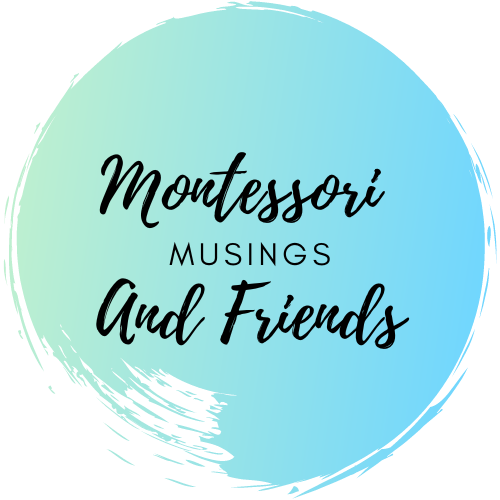In order to truly understand Montessori’s philosophy and approach, one really has to attempt to understand her lived experiences. According to the feminist motto ‘the personal is political’, we come to realise that our personal experiences shape our worldviews, and in turn, the way we live and respond in this world. In the upcoming Massive Open Online Course (MOOC), Roots of Montessori, and the Montessori Europe webinar, Barbara Isaacs, Jana Morgan Herman and I wish to consider three key aspects from Montessori’s life that we believe shaped her pedagogy and activism.
In the context that we live in, where we witness unprecedented levels of injustices – racial, sexual, gendered, economic, and environmental injustices – what is our response? Is peace possible? Unearthing information about Montessori’s life, work and history has strengthened our conviction that ‘peace cannot exist without justice’ (Montessori, 1939, p.16). This is clearly evident in her feminist activism as well as her child advocacy, through which she spotlighted how women and children were treated unjustly in societies at the time.
In Roots of Montessori, we endeavour to highlight her feminist years, her years in India and her campaign for peace. We hope you will enjoy the historical information and images, as well as our discussion at the end of each section on what this entails for us in contemporary societies. Following Montessori’s desire for us to capture ‘the spirit rather than the mechanism’ of her approach (Montessori, 1967, p.5), we invite you to critically consider what role you want Montessori schools to play today.
As Montessori teachers, teacher trainers, and training organisations, we must admit that we have spent far too many years trying to prove Montessori’s relevance and collating evidence for its validity. As an academic, I find it interesting to note how research that is popular in Montessori circles tends to be oriented towards showing the superiority of Montessori over other approaches. As we celebrate the 150th birthday of Maria Montessori, let us shift our focus towards the situated injustices in our communities, listen to marginalized or ‘othered’ voices, engage in research that is committed to equity issues, and transform Montessori to serve the children and communities of the twenty-first century. Re-iterating Montessori’s words: ‘peace cannot exist without justice’.
Sid Mohandas, August 2020

References
Montessori, M. (1939). Montessori Principles: The Four Planes of Development. Amsterdam: Association Montessori Internationale.
Montessori, M. (1967). The Discovery of the Child. New York: Random House Publishing Group.
